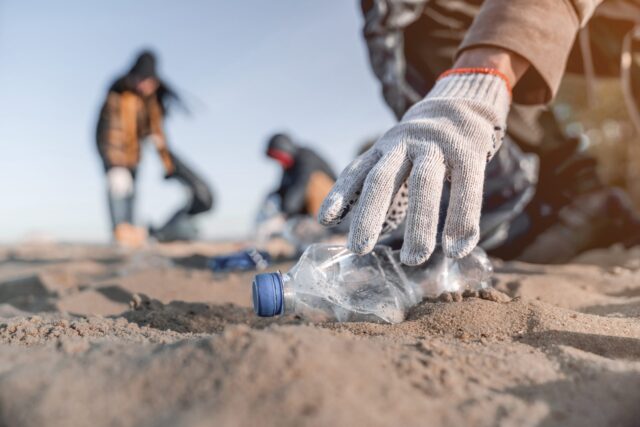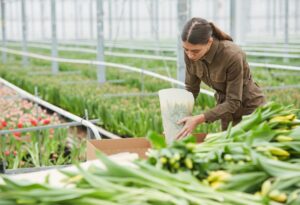$4.5 trillion (£3.3 trillion)
A circular plastics economy means using less plastic, designing smarter products, and ensuring that waste is either reused or managed safely. The goal is to stop pollution, protect human health and nature, and reduce carbon emissions.
Achieving this calls for a global shift—a ‘systems change’—where governments, businesses, and individuals work together across every stage of plastic’s lifecycle.
The good news is that a circular plastics economy is already within reach, using existing technologies. Countries, companies, and communities around the world are already using innovative solutions to tackle plastic waste and pollution.
Research by The Pew Charitable Trusts, Systemiq, and the UN Environment Programme shows that adopting a full lifecycle approach to plastics could save the world $4.5 trillion in environmental and social costs by 2040.1
Of this, $1.3 trillion comes from direct savings through smarter investment, better operations, and recycling revenues. Another $3.3 trillion is saved by avoiding harm to health, ecosystems, and the climate.
In other words, every dollar invested in making the plastics economy more sustainable avoids two more dollars in long-term damage.
For impact investors, this represents a powerful opportunity. Ending plastic pollution isn’t just urgent, it’s investable. A circular plastics economy supports several UN Sustainable Development Goals, from climate action to clean water and responsible consumption. Investing in the infrastructure and technology behind this shift helps deliver lasting, measurable impact for people and the planet.
Matter of Facts are small insights into inspiring sustainable solutions.




